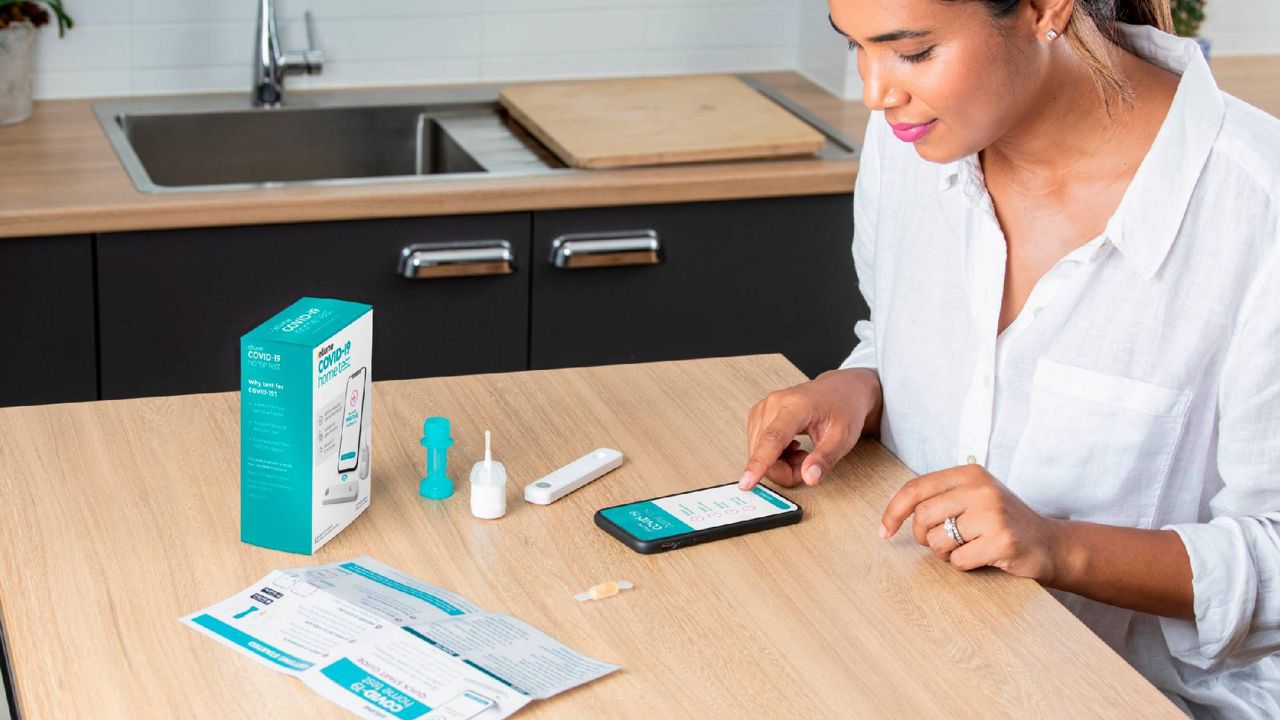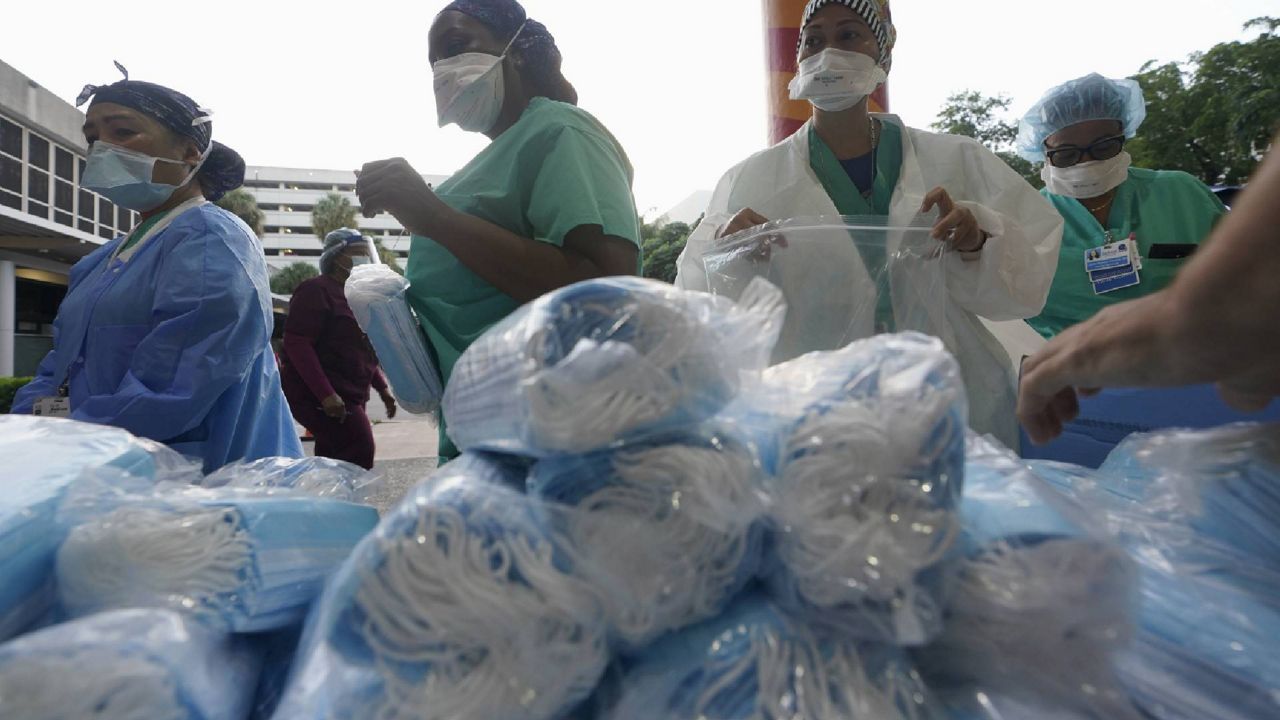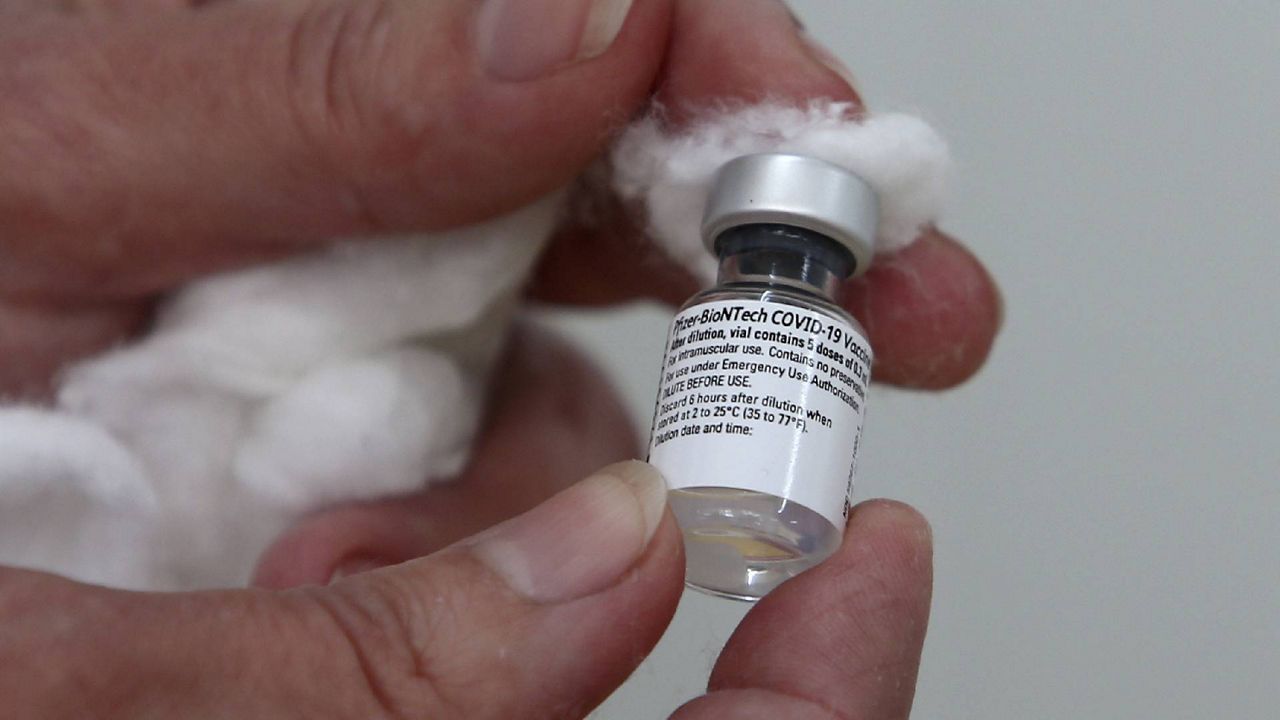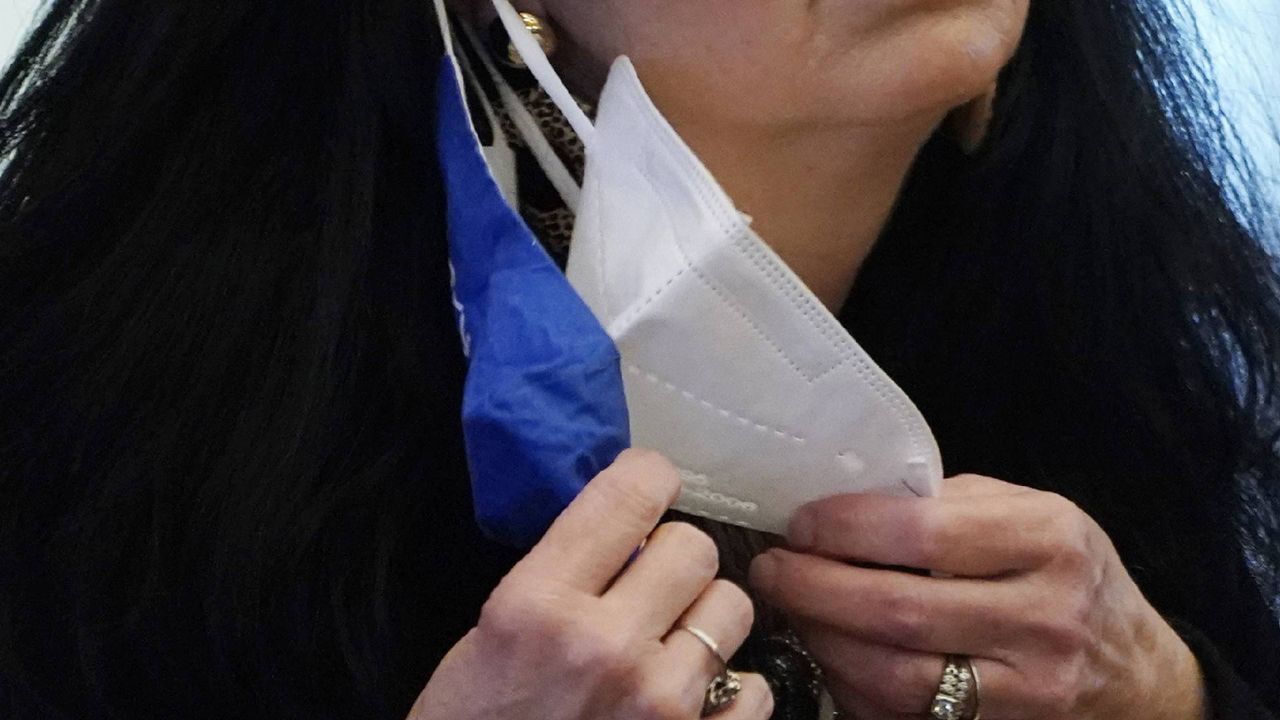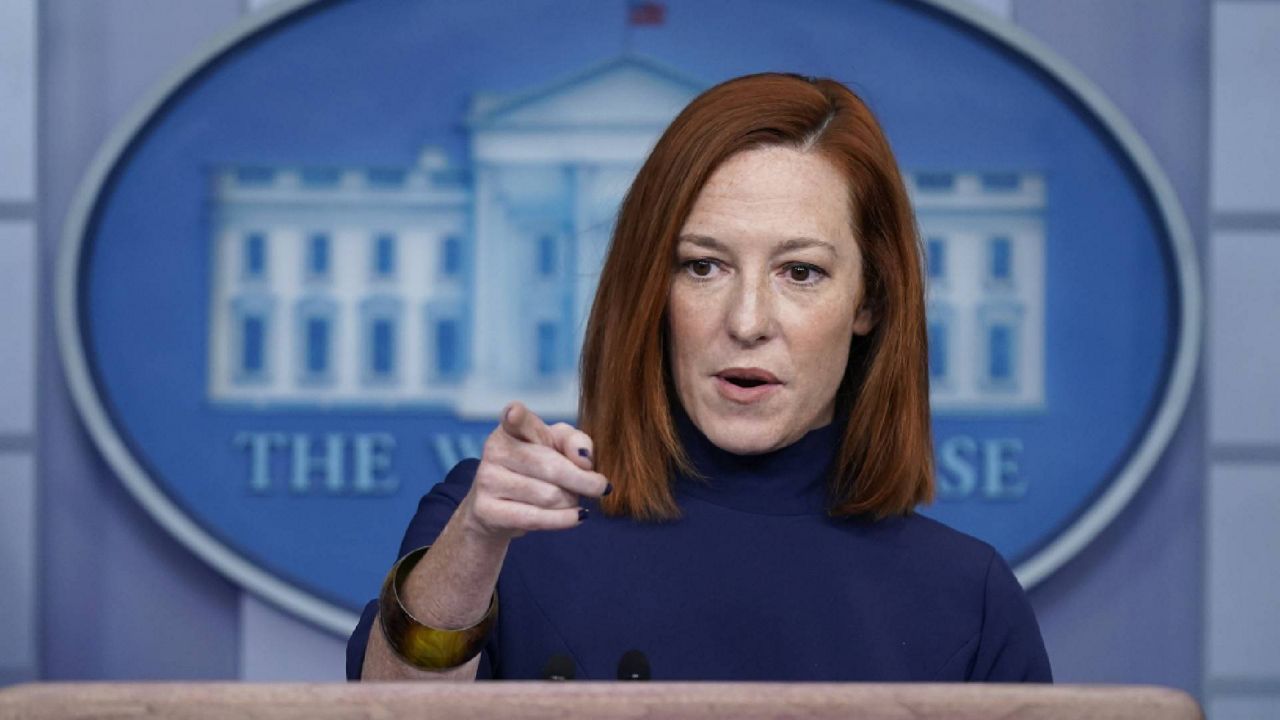U.S. regulators authorized the first at-home, rapid coronavirus test Tuesday, a significant step in a testing strategy that was first plagued with testing shortages and still faces long wait times for results in some parts of the country.
The test is completely over-the-counter and does not require a prescription, which has been a barrier to other at-home tests.
It requires a nose swab, which is then processed in a small Bluetooth device meant to be connected to a smartphone. Results can appear as soon as 20 minutes later.
The test, developed by Australian company Ellume, is designed to cost around $30, about the same price as the average co-pay for a doctor’s visit, according to a spokesperson for the company.
In a clinical study, researchers found that the test is 95% accurate at detecting positive cases and 97% accurate at detecting negative cases.
But Ellume’s production will not be funded by the U.S. government and the test won’t be widely available, posing questions about disparities in who can access the test.
The company hopes to manufacture 100,000 tests per day by January, far fewer than the two million Americans currently being tested each day. A spokesperson for Ellume also said the first tests won’t be commercially available for another few weeks.
Still, top health officials, such as Admiral Brett Giroir, who oversees the U.S. testing strategy, have advocated for rapid testing, especially because lab-run tests can take days to produce results, delaying the diagnosis of people who are infected but not showing symptoms.
“We don't have to sacrifice accuracy for home testing,” Admiral Giroir told Spectrum News Tuesday. “Antigen tests are really extraordinarily good at detecting people who are actually infectious to other people.”
The new test is also authorized for children as young as two years old, meaning it could be useful for parents who want to avoid taking young kids through long testing lines.
Because the newly-approved at-home test is not 100% accurate, the Food and Drug Administration advised that people who get a positive result should treat themselves as contagious and follow up with another test to confirm.
“This test, like other antigen tests, is less sensitive and less specific than typical molecular tests run in a lab,” said Dr. Jeff Shuren, director of FDA’s Center for Devices and Radiological Health. “However, the fact that it can be used completely at home and return results quickly means that it can play an important role in response to the pandemic.”
Some health experts have long called for widespread access to rapid, at-home testing at a low price so that people can test themselves regularly and therefore function at a somewhat normal level.
“We know that as much as half of the transmission occurs pre-symptomatically,” said Dr. Michael Mina, an epidemiologist at Harvard University who has pushed for U.S. investment in inexpensive paper strip tests.
“These should be compared to temperature checks. And if we were to use it as that, then all of a sudden these become much, much more powerful tools,” he added.
Dr. Mina said the newly-authorized test is a step in the right direction, but he's worried that only a fraction of Americans will be able to buy them regularly.
"Keeping these tests purely in the free market is a disaster waiting to happen," he said. "I do not want to see the wealthy have access but the poor have none."
Ellume’s at-home test is highly accurate as rapid tests go. The company first developed its technology amid the swine flu pandemic and received a nearly $30 million award from the National Institutes of Health last month to help fund COVID-19 version.
“When COVID-19 hit, the technology and the platform was already intended to include new pathogens,” a spokesperson for the company said.





